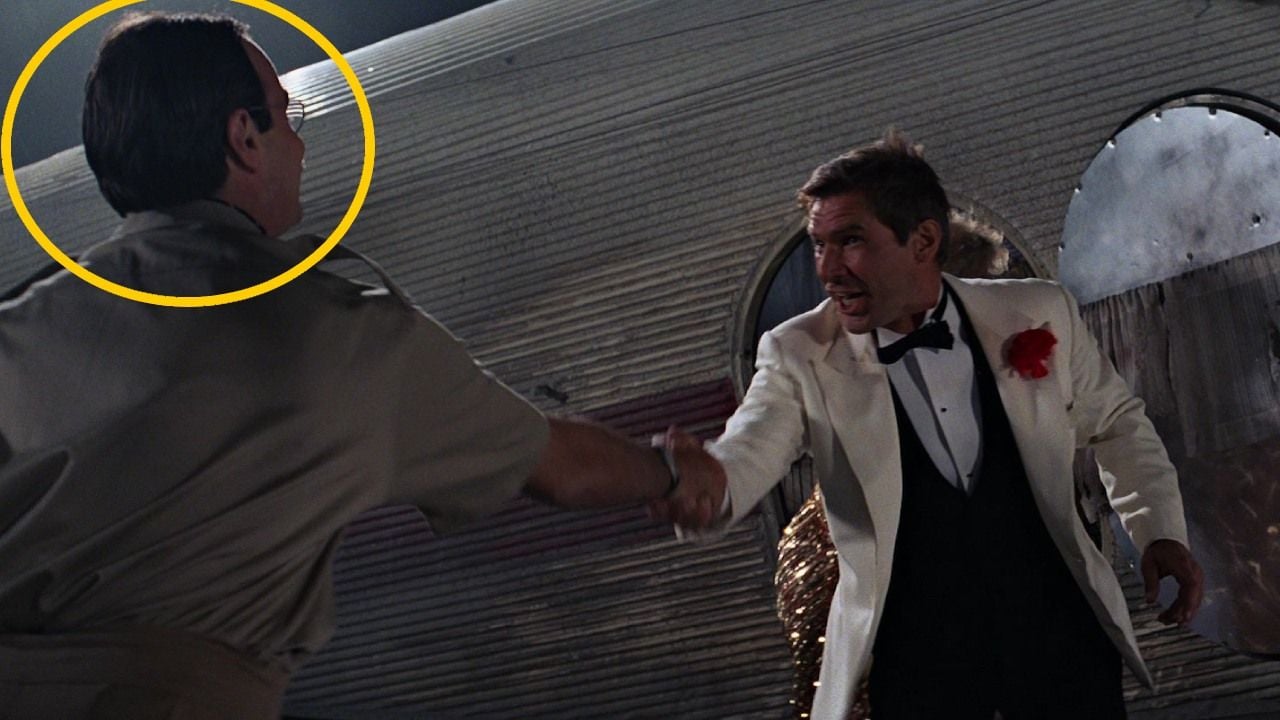Attention problems become more evident from the age of 50, but they can arise well before, especially in women in perimenopause
With the Age progress, it is natural that the ability to concentrate and the memory undergoes changes, since the efficiency of the brain gradually decreases with the aging. Many people notice that they become more distracted and find more difficult to focus on simple daily tasks, such as the completion of a job, the maintenance of information from a book or even after a conversation.
“When we talk about concentration capacity, we must talk about brain, but also of the model of behavior. One is the quality of the sleepFor example. A person who suffers from apnea will probably have difficulty in concentration. Overweight people can also suffer more than this problem, “says Dr. Sley Tantigawa Guimarães, coordinator of the medicine of the lifestyle medicine at the Faculty of Health Sciences Israeli Albert Einstein.
However, while these changes should be foreseen to a certain extent, there are several ways to keep their minds active and prevent these problems from becoming more intense over time. Small changes in habits can be enough.
“People must not despair and seek medical diagnosis, Adh [transtorno de déficit de atenção e hiperatividade] O dementia. However, when concentration difficulties become frequent and significantly affect daily life, bringing losses to work and day by day, then it is important to seek medical assistance, “says Shey.
Here are some strategies to improve concentration:
1. Prepare the environment
Before performing any activity that requires concentration, it is important to choose a suitable place: the mess can distract your mind and “steal” your attention. Try to organize your work space so that it is pleasant, silent, well enlightened, airy and preferably far from television.
“The person must feel as comfortable as possible to complete the task,” says Sley Guimarães.
2. Eliminate distractions
The brain takes time to resume concentration after an interruption. Therefore, when you start working on an activity, deactivate the TV, set the messages on the computer, silence the smartphone (disable notifications from the phone or activate the “no disturbance” mode) and close unnecessary cards on your computer.
If you think that a little background noise help in concentration, use headphones and turn on some soft sounds such as bird corners or instrumental music. If you need total silence, a suggestion is to use ears or headphones protections that block the surrounding sounds. “We always have access to a lot of information, many times without even asking or going later. This has been distracted many people,” says the doctor.
3. Avoid multitasking
The ability to concentrate can be compromised when we take many requests simultaneously. “If the mind continues to think of different things at the same time, jumping from one subject to another, our body is in a state of stress“Sley warns.
Do one business at a time until completion and then go to the next: avoid starting something while performing other activities. “This is the management of the time. It is useless to start a job, respond to an e -mail and pay attention to your child at the same time,” says the doctor.
When you have several simultaneous obligations, choose the two most essential and leave the others for another time. Establish very very specific objectives: determine the date and time to carry out this activity.
Our brain works better when it has a goal and this helps to reduce procrastination. “When we take the actions and do not finish them, in addition to the effect of not being finished, the brain cannot ignore that it has not been done. He generates stress and distraction,” explains Sley.
4. Take scheduled breaks
It is normal to get tired after performing a task that requires a lot of concentration. So because making small breaks is essential to recharge the energy. You can make an alarm on your cell phone to warn the moment of timing or understand when the body starts to give signs that is tired and the mind is starting to wander. Five minutes to stretch the body and take a short walk can be enough to recharge the energies.
“Let’s say that resilience does not concern how much you can manage, but on how to recharge. Taking small breaks during the task of not reaching the staff is very important. We have the biggest breaks, such as the good stranger, the weekend, the holidays, but these small interruptions are also fundamental”, underlines the expert.
5.
THE physical activity It also plays a very important role for concentration ability. Aerobic exercise or even bodybuilding, if done regularly, help improve blood circulation and brain oxygenation.
If you realize you are very distracted during an activity and need a rapid increase in concentration, do any physical activity, even for a few minutes. “Any movement is important. Arresting a staircase on your building, for example, already helps to recharge the focus”, proposes the doctor.
6. Train your mind
The concentration can also be strengthened with meditation and relaxation techniques. “They help us get out of this very busy mental state that makes us feel stressful and causes so much distraction,” says Shey. According to the doctor, these practices contribute to maintaining concentration and calming the mind – and the more this becomes a daily action, the more it is possible to improve the ability to concentrate and not react on the impulse.
Meditation applications or trained professional can help, but the main recommendation is to keep the body and mind always active. “This is the greatest secret of all. Keep your brain active, bring new stimuli, learn other languages, learn to play tools, read other books,” says Einstein Doctor.
7.
The trend of those who eat many ultra -elaborate products sugar, fatSodium and chemical additives – it must be more sleepy, with less attention. “In the long term, if we keep a Eat standard More balanced, with a rainbow of vegetables on the plate, this will help us keep the microbiota intestinal In order, and has a direct relationship with brain health, “says Shey.
Furthermore, it is not advisable to consume energy or caffeine to combat a moment of exhaustion – exaggerated use can cause tachycardia, agitation and worsening concentration.
8. Reward your results
Knowing that you will have a reward can motivate to maintain attention. After finishing a task, celebrate this small result and take a moment to relax. “This also provides a dose of satisfaction and reward for the brain. It is becoming more involved and helps us to maintain that behavior [de concentração]”Sley says.
Source: Terra
Ben Stock is a lifestyle journalist and author at Gossipify. He writes about topics such as health, wellness, travel, food and home decor. He provides practical advice and inspiration to improve well-being, keeps readers up to date with latest lifestyle news and trends, known for his engaging writing style, in-depth analysis and unique perspectives.







